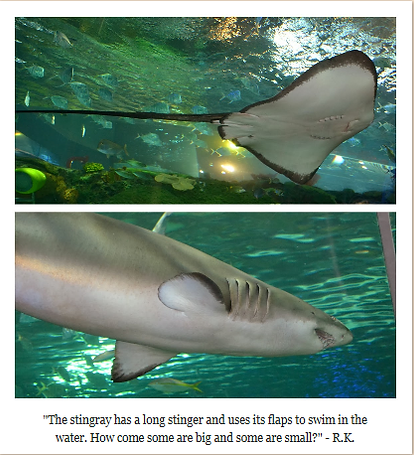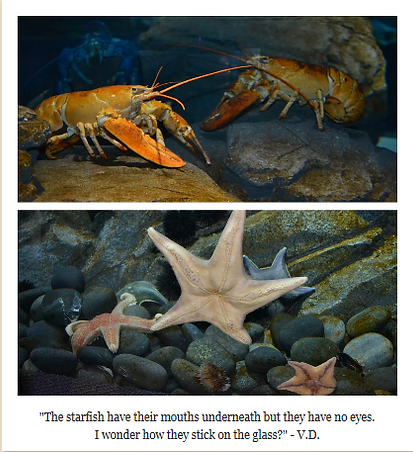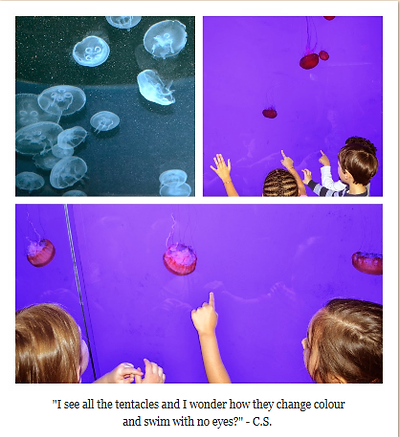Inquiry-based Learning
6. Engage in inquiry based learning by proposing questions and seeking answers to further one’s ideas and thoughts.
Education in the 21st century
Educators are faced with the challenges and responsibilities of engaging students in learning, to ensure that they develop the skills and knowledge necessary to function in the 21st century. How can educators offer opportunities for students to be successful in the present and future and ensure that they do not become passive recipients of knowledge? Experiences must be provided that encourage students to be capable, creative, knowledge builders who discover innovative solutions to solve problems. There is not one answer for success, however, there are pedagogical approaches that transform educational practices, to support the 21st century learner. Inquiry-based learning encourages students to become competent, capable motivated, collaborative and innovative learners who are able to engage in their own inquiries and thrive in this rapid changing world.
http://www.edu.gov.on.ca/eng/literacynumeracy/inspire/research/CBS_InquiryBased.pdf

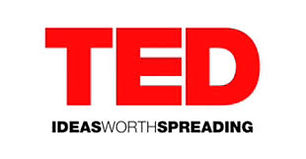
1. "Are we limited to change the educational paradigm because of fear and isolation?"
2.“What does effective education look like?”
Inquiry-based Learning
Inquiry-based learning is an educational approach that places emphasis on students questions, ideas and observations, which is centred on their learning experiences. Educators have an active role in the learning process, as they are required to create an environment where ideas are respectfully tested and challenged, in order to move children from wondering to actively investigating and questioning. This approach recognizes the educators and students as having a shared responsibility for learning.
When students engage in Inquiry-based Learning they are involved in a process of open-ended investigations which may spark questions, create problems, etc. Students are required to engage in evidence-based reasoning and innovative problem solving techniques. The educators are responsible for being responsive to students varying needs and must know when and how to familiarize them with ideas that will encourage the inquiry process.
Inquiry-based learning is a pedagogical approach that can be seen in many different contexts, as it does not get in the way of other effective teaching and learning practices. It is an effective approach that combines exploration, observations, collaboration and guided learning, which allows students to follow their interests and curiosities, in attempting to create meaningful experiences.
http://www.edu.gov.on.ca/eng/literacynumeracy/inspire/research/CBS_InquiryBased.pdf

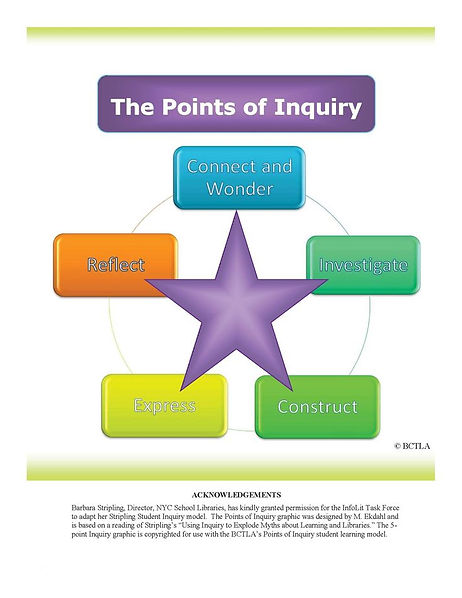
Screen shot of image is from: A Framework For Information Literacy and The 21st Century Learner >
http://pairadimes.davidtruss.com/wp-content/uploads/2013/09/PointsofInquiry.pdf
Educator >> Provocateur
Guiding students to move to a deeper level of curiosity, towards a routine of regular inquiry is one of the most challenging elements of inquiry-based learning. Educators have a critical role throughout this process, as they are required to model how to question and engage in investigations and also to challenge and evaluate individuals theories and ideas. They have the role of the “provocateur", as they must discover creative ways to provide ideas of “inquiry potential,” and opportunities for students to engage in their own inquiry process. This can be achieved by listening to the perspectives of students and encouraging them to create an understanding of their own ideas, theories and approaches to questions and problems.
http://www.edu.gov.on.ca/eng/literacynumeracy/inspire/research/CBS_InquiryBased.pdf
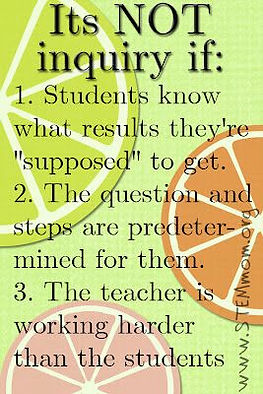


Image retrieved from> http://www.edu.gov.on.ca/eng/literacynumeracy/inspire/research/CBS_InquiryBased.pdf

Inquiry
Cycle >
Image retrieved from > http://www.pinterest.com/pin/71142869085852570/
"Learning Science through Inquiry"
This video demonstrates how children build on their natural curiosities by using inquiry-based learning. Through inquiry skills, childrens curiosities lead them to make observations, ask questions and devise strategies to solve problems. Children are their own scientists, as they investigate their curiosities and questions to promote meaningful learning.
What are the important inquiry skills in the early years of development?
Inquiry promotes meaningful learning!
Field Trip to Toronto’s Ripley’s Aquarium
On March 4th, 2014, a kindergarten class went on field trip to Toronto’s Ripley’s Aquarium. The educators thought that this would be a wonderful opportunity to support and enhance the students current inquiry on oceans, since they have been curious about the marine life for the past month and a half!
The educators believe that when planning a field trip, the experience must support or enhance the learning that is occurring within the classroom. They do not plan field trips to places that are not relevant to students current learning inquiries and experiences.


The educators believe that the experiences so far have supported the inquiries made in class and promoted meaningful learning experiences.



